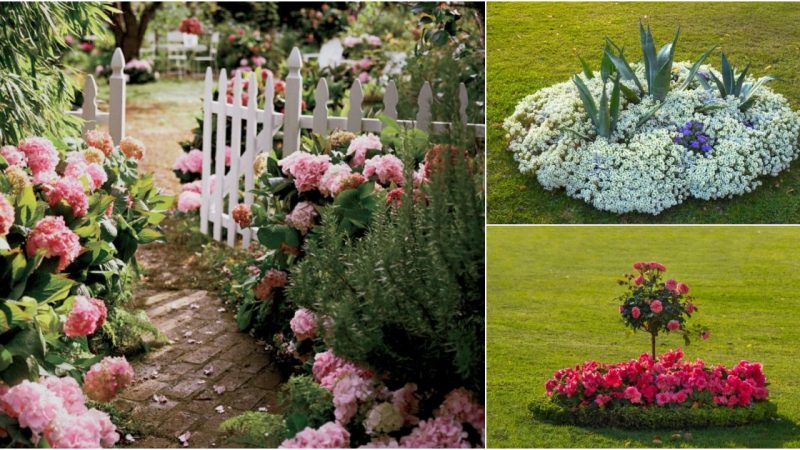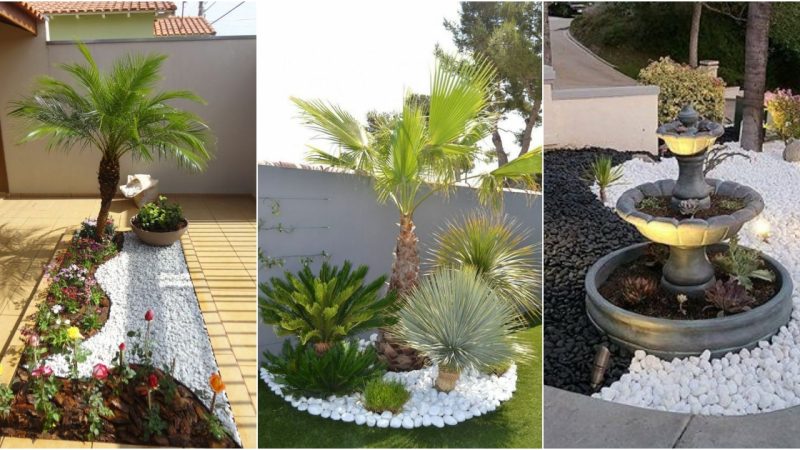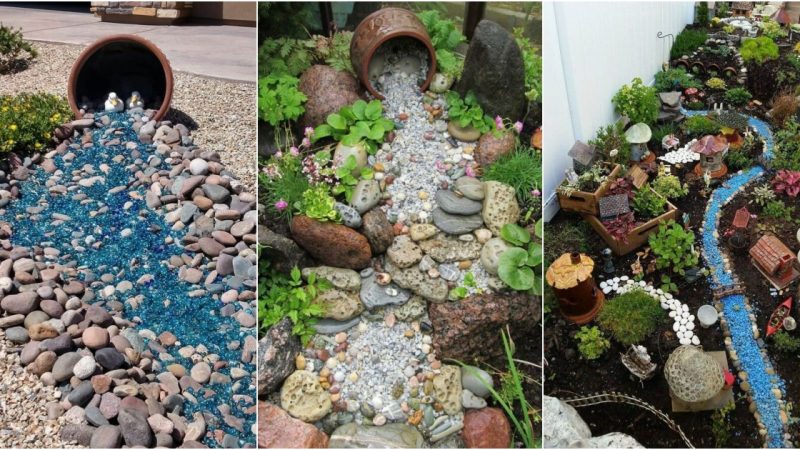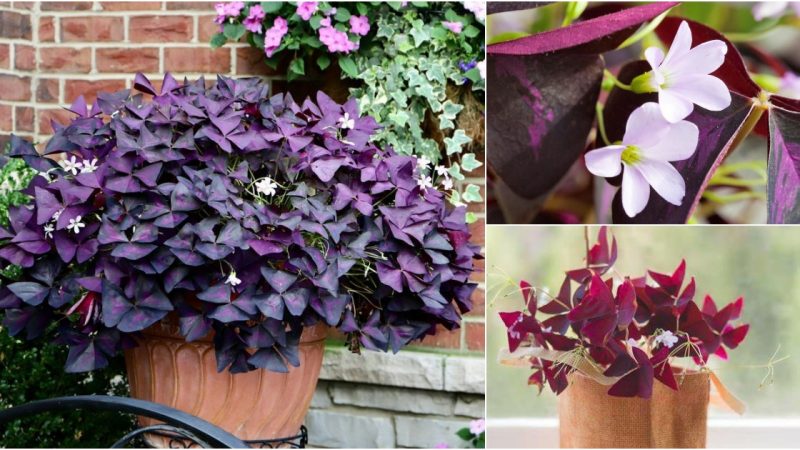Tips for Successful Petunia Planting: Soil, Timing, and Care
Petunias are beloved for their vibrant colors and ability to thrive in various environments. Whether you’re a seasoned gardener or just starting, here are some tips to ensure successful petunia planting:

1. **Choose the Right Soil**: Petunias prefer well-draining soil with a slightly acidic pH level ranging from 6.0 to 7.0. Incorporate organic matter like compost to improve soil structure and fertility. Avoid heavy clay soils that can lead to waterlogging, which may cause root rot.

2. **Timing is Key**: Petunias are warm-weather plants and thrive in temperatures between 65°F to 75°F (18°C to 24°C). Plant them after the danger of frost has passed in spring for optimal growth. In cooler climates, consider starting seeds indoors 6-8 weeks before the last frost date.

3. **Sunlight Requirements**: Petunias are sun-loving plants and require at least 6 hours of direct sunlight daily for abundant flowering. Plant them in a location with full sun exposure for the best results. Insufficient sunlight can lead to leggy growth and reduced flowering.

4. **Watering and Maintenance**: Keep petunias consistently moist but not waterlogged. Water deeply when the top inch of soil feels dry, especially during hot weather. Avoid overhead watering to prevent fungal diseases. Mulching around the plants helps retain soil moisture and suppresses weeds.

5. **Deadheading and Pruning**: Regular deadheading, the removal of spent flowers, promotes continuous blooming throughout the growing season. Additionally, pruning leggy stems encourages bushier growth and more flower production. Use clean, sharp scissors to trim back stems as needed.

6. **Fertilization**: Feed petunias with a balanced liquid fertilizer every 2-4 weeks to support healthy growth and abundant flowering. Avoid over-fertilizing, as it can lead to excessive foliage growth at the expense of flowers.

7. **Pest and Disease Management**: Keep an eye out for common pests like aphids, spider mites, and caterpillars, which can damage petunia plants. Use organic insecticidal soap or neem oil to control pest infestations. Proper spacing between plants promotes good airflow, reducing the risk of fungal diseases like powdery mildew.

By following these tips for soil preparation, timing, and care, you can enjoy a lush and colorful display of petunias in your garden throughout the growing season. With a little attention and effort, these versatile flowers will reward you with their beauty and charm.



